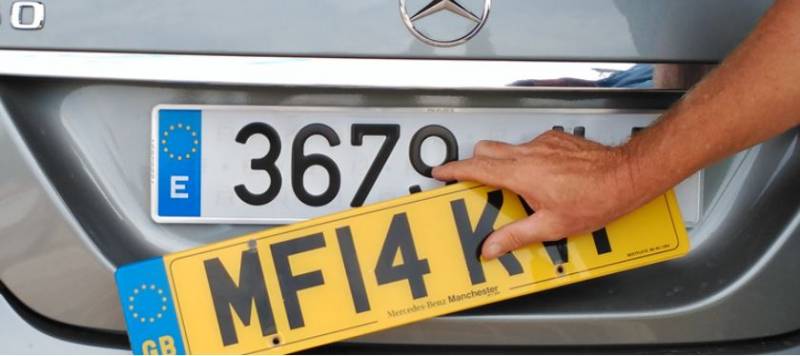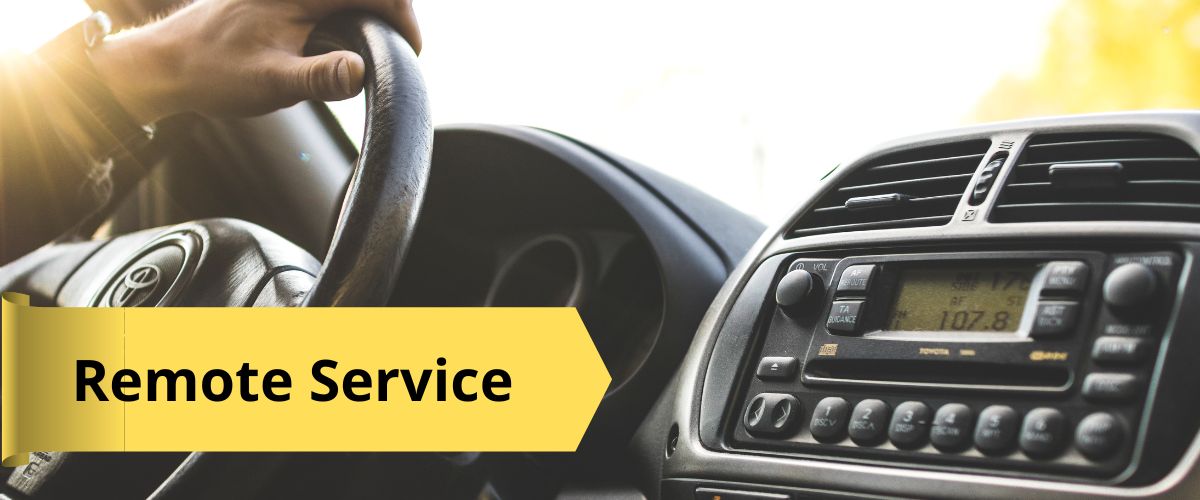Register a Foreign Vehicle in Spain: Legal Demands and Expenses
Register a Foreign Vehicle in Spain: Legal Demands and Expenses
Blog Article
Usual Challenges Dealt With During Foreign Lorry Registrations and How to Conquer Them
Navigating the intricacies of international car enrollments can be a complicated task, fraught with obstacles that differ considerably across territories. Problems such as figuring out neighborhood guidelines, conquering language barriers in important documents, and resolving inconsistencies in vehicle specs frequently arise.

Comprehending Regional Laws
Browsing the intricacies of foreign vehicle enrollment begins with a comprehensive understanding of local laws. Each nation has its particular regulations and demands regulating the registration of cars, which can vary substantially from one jurisdiction to an additional (Register a foreign Vehicle in Spain). It is vital for foreign lorry owners to familiarize themselves with these guidelines to guarantee conformity and prevent potential fines or lawful complications

Moreover, some territories mandate vehicle evaluations to ascertain conformity with regional safety and discharges standards. This could require alterations to the vehicle prior to it can be legally signed up. Engaging with regional authorities or seeking advice from lawful experts can supply clarity on these guidelines.
Language Barriers in Paperwork
Language obstacles position considerable obstacles when it concerns the documents required for international lorry registration. Several individuals come across troubles in understanding the certain requirements described in local guidelines, as these documents are typically released in the official language of the host country. Misconceptions can lead to the submission of inaccurate or insufficient documentation, resulting in delays or rejection of registration.
Additionally, essential files, such as title deeds, evidence of ownership, and insurance plan, might not have readily available translations - Register a foreign Vehicle in Spain. This can produce complication for international lorry proprietors who are strange with the neighborhood terminology and lawful lingo. Therefore, browsing the registration process becomes troublesome, commonly calling for added time and effort to ensure compliance
To reduce these problems, it is recommended for foreign automobile owners to seek expert translation solutions or consult local experts that can aid in recognizing the requisite documents. In addition, federal government firms might offer multilingual resources or guidelines to facilitate the registration process. Proactively dealing with language barriers can streamline the enrollment experience, making certain that all called for papers are precisely prepared and submitted in conformity with regional policies.
Car Specification Inconsistencies

Experiencing lorry spec disparities can produce substantial hurdles for international vehicle owners throughout the registration procedure. These disparities usually develop from differences in producing criteria, measurement systems, and governing requirements in between the vehicle's native land and the host nation. A lorry that meets security and discharges requirements in one nation might not align with the specifications required for enrollment in an additional, leading to hold-ups or straight-out rejections.
To conquer these difficulties, it is critical right here for international vehicle proprietors to perform thorough research prior to starting the registration process. This includes comprehending the certain demands established by the regional authorities, such as safety and security criteria, exhausts levels, and any kind of required alterations. Engaging with a professional solution concentrating on international lorry registration can additionally give useful understandings and help in browsing these inconsistencies.
Paperwork plays an essential function, so guaranteeing that all technical specifications and alterations are properly shown in the documents can reduce issues. Furthermore, preserving open communication with local enrollment authorities can supply clearness on any potential disparities, permitting timely resolution and effective enrollment of the car.
Navigating Tax Obligation Requirements
Recognizing the tax requirements linked with foreign vehicle enrollment is necessary for owners looking to abide by regional regulations. Each territory has specific tax obligation responsibilities that should be fulfilled prior to a car can be legitimately registered. These might include import duties, value-added tax obligations (VAT), moved here and yearly vehicle tax obligations, which can vary dramatically depending upon the lorry's beginning, value, and specifications.
To navigate these tax obligation requirements properly, car proprietors should start by researching the particular tax obligations applicable in their location. Consulting with neighborhood tax obligation authorities or a tax expert with experience in international car enrollments can provide clearness on the procedure and potential liabilities.
In addition, it is crucial to preserve detailed documentation of the automobile's acquisition and any type of settlements made, as this will be needed for tax obligation estimations and potential audits. Owners must additionally be aware of any type of due dates connected with tax obligation payments to avoid charges or delays in registration.
Assessment and Conformity Issues
Regularly dealing with assessment and conformity problems is essential for proprietors of international lorries looking for to register them in a brand-new territory. Each area has distinctive laws relating to automobile safety and security, exhausts, and alterations, which can posture substantial obstacles for proprietors not familiar with regional requirements. As a result, comprehending these demands is important to prevent delays and extra expenses.
One common issue emerges when international automobiles do not view it now satisfy the host jurisdiction's safety and security and exhausts standards. Proprietors need to proactively confirm that their cars follow neighborhood guidelines, which may involve alterations or acquiring necessary documents from makers. Furthermore, many territories need an extensive evaluation by an accredited center, which can lead to more problems if the vehicle falls short to meet specific requirements.
To browse these difficulties, owners can seek advice from local lorry registration authorities or seek aid from experts familiar with the registration procedure. Preparing all required documents in development, consisting of previous evaluation records and proof of conformity, can streamline the registration procedure. Ultimately, detailed preparation and recognition of evaluation needs can significantly improve the chance of a successful international lorry registration.
Final Thought
In recap, the process of foreign automobile enrollment entails different difficulties, including comprehension of local regulations, language barriers in paperwork, discrepancies in vehicle requirements, navigating of tax obligation demands, and inspection and compliance problems. Dealing with these challenges demands thorough research, utilization of specialist translation services, and examination with neighborhood authorities. Engaging specialized solutions can make certain adherence to security and exhausts requirements, ultimately helping with a smoother registration process and conformity with all pertinent commitments.
Report this page